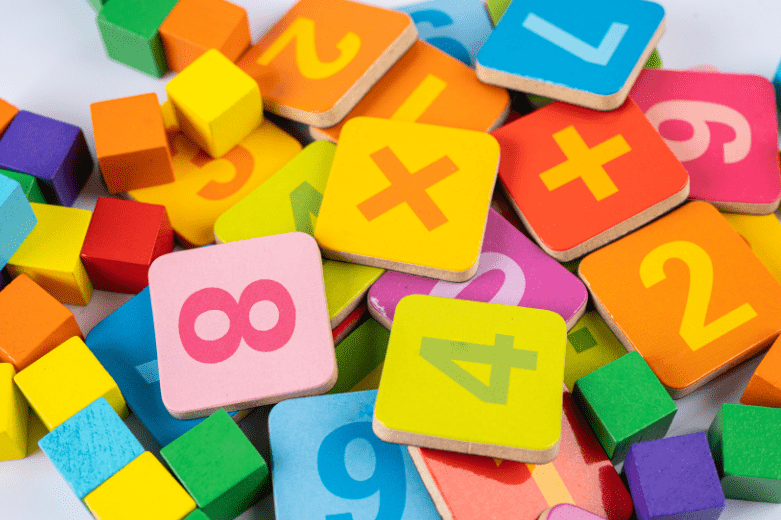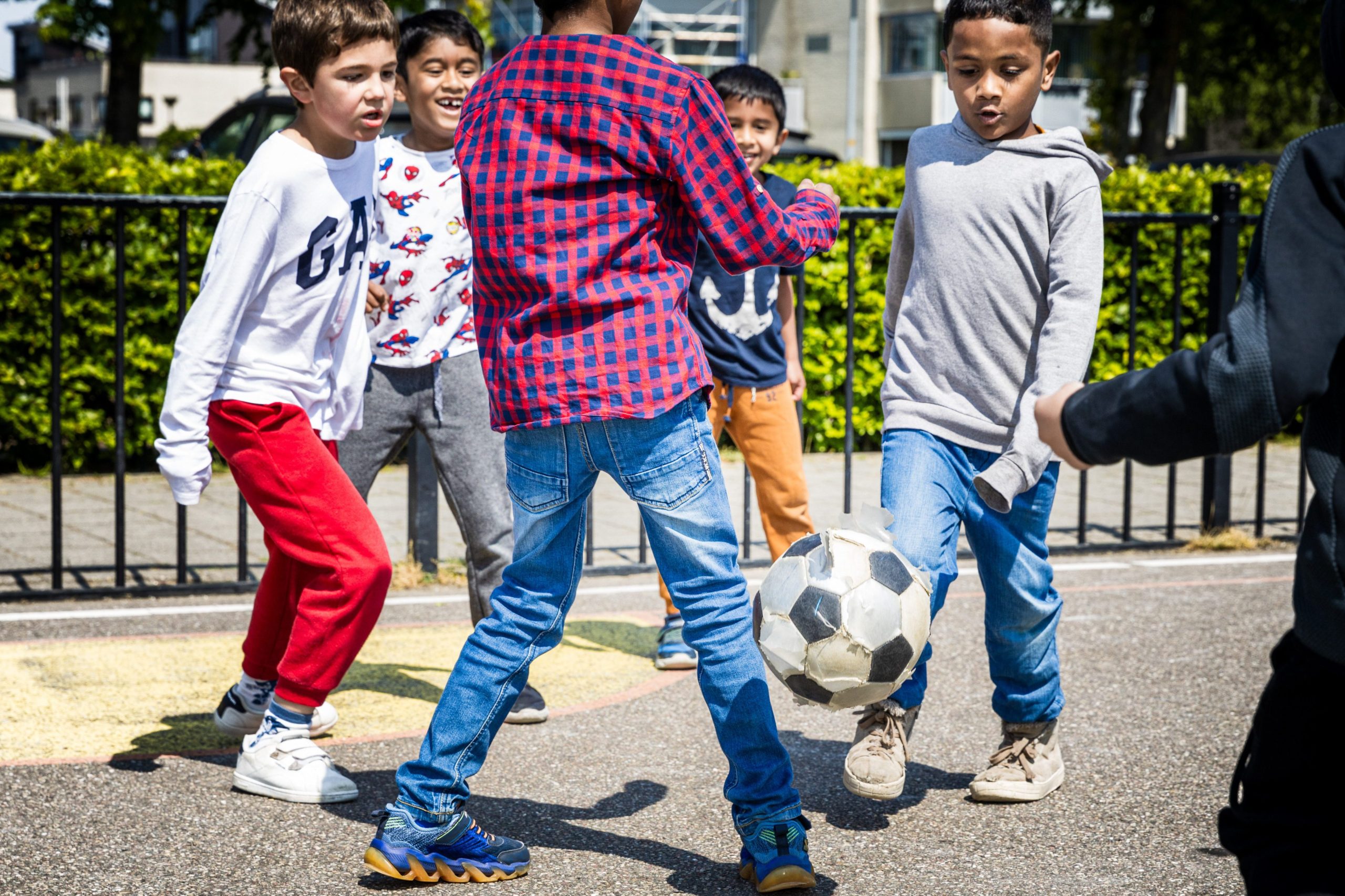
Mathematics over the Summer break
Discover practical and enjoyable ways to keep your children engaged in Mathematics during the summer holidays without turning it into a rigorous study session.
By Angelique Podstavnychy, Mathematics Specialist
For our OIS students the summer holidays are a welcome opportunity to relax after a busy school year with loved ones – exciting! Recently, many parents have approached me and teachers asking for summer revision or exercises, concerned their children might lose the momentum of their Mathematic progression.
In this article I will suggest some practical ways you can help your children stay on top of their learning without turning the holiday into an educational bootcamp! We want our children to cultivate a positive attitude to Mathematics, therefore the basis of any revision at home must be focused on enjoyable activities. Within the primary curriculum, great emphasis is placed on children adding, subtracting, multiplying and dividing with confidence. This would be a good place to focus on; to make this interesting you may try the following:
Board Games
Board Games are a great way to combine family time with Mathematics! Not only are they beneficial in practicing Mathematics, but they also allow for the development of critical thinking skills, effective communication and collaboration in a relaxed setting. The following are just a few suggestions of games that could make for engaged, fun learning:
- Qwirkle – Involves the use of pattern recognition and spatial reasoning skills utilized in geometry. Well suited to a variety of ages, it can be adapted to be easier or harder by adjusting the complexity of the patterns.
- Monopoly Junior – Creates opportunities to practice basic operations such counting, addition and subtraction. In addition, it demonstrates how these concepts can be practically applied in everyday life through lessons on money handling and budgeting.
- Battleships – Reinforces the skill of plotting and naming points on a coordinate grid in a creative manner.
- Snakes & Ladders – A familiar favorite that involves number recognition, addition, subtraction and spatial sense. Developing a good sense of spatial sense is crucial in mathematical concepts such as geometry and further promotes flexibility in thinking and problem solving.
- Uno – A valuable tool in reinforcing number recognition, sequencing and basic arithmetic operations. The concept of probability is also explored through the luck-based nature of drawing cards.
- Dominoes – A beneficial tool in developing number sense as they reinforce dice patterns, help children read and name small collections of groups (subitising), as well as assist in matching, sorting and classifying numbers.
Before you rush and buy board games for your children, look at any you may have in the cupboard. Many games can be adapted to reinforce different Mathematic skills, also most can be adjusted to suit the age of the children playing.
Family Challenges
As a family undertake a learning challenge together this summer! The whole family will focus on learning or revising one Mathematical skill. It might be counting in fives, a particular times table, telling the time or even classifying angles. Each family member is responsible for developing this skill and supporting others with the challenge.
"Although developing Mathematics skills is beneficial, don’t forget to leave plenty of time for free play".
Cooking & Baking
Allowing your children to help you cook in the kitchen is an engaging way of reinforcing many different skills used in Mathematics without the pressure of school. Younger children can carry out tasks such sorting and counting out ingredients, while older children might focus on fractions when measuring ingredients or dividing up servings. Baking biscuits together is an excellent way to reinforce the geometry of shapes. As children cut out shapes such as circles, triangles or squares, spatial sense is developed allowing a deeper understanding of geometric concepts such as symmetry and angle.
Moreover, cooking and baking offers a fun and creative way to demonstrate how Mathematics can be relevant and meaningful to their lives. Critical thinking skills are further developed as they solve problems related to measuring, adjusting recipes and timing.
Planning Travel
During the Summer heading off to visit relatives tops the list of family holiday activities. Why not include your children in this? Have them plan the route on a map, create an itinerary or put them in charge of budgeting a fun activity on your trip such as a picnic or meal. Currency exchange also happens when travelling internationally, another real-life context where children can apply their Mathematic skills. By including your children in travel budgeting, distance calculation, time optimisation and currency exchange, they develop an understanding of how Mathematics is an invaluable tool in the realm of travel.

Sports
Mathematics can be found everywhere in your children’s favourite sport or sports team as numbers are what drive sport. For example, the number of players in a team, the number of teams in a league, distance and measuring, geometry to throws, catches, kicks, and of course scoring – Mathematics lives on a sports field! Next time you are enjoying a game with your children why not try some of these fun activities:
- Average different player’s contributions in the game
- Compare a team’s final stats over a year using different graphs
- Calculate the probability of a player scoring using past scoring numbers
- Create a fantasy team and hire players using a mock budget
- Figure percentages of increase or decrease of a team’s performance over time
- Find the mean, median, and mode of a team’s players ‘weight or height
This direct application to the real-world makes Mathematics more appealing and further reinforces how important different skills are.
In conclusion it is important to note that although developing Mathematics skills is beneficial, don’t forget to leave plenty of time for free play, running around outside, climbing trees, getting muddy, watching TV, and playing with their toys. After all, it’s called the summer holidays for a reason!
